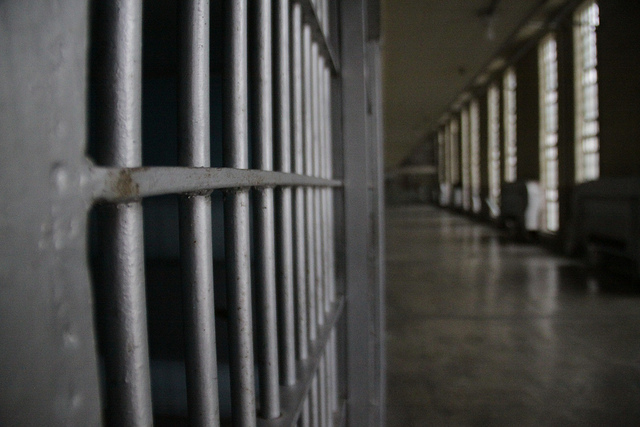
The stigma of incarceration often extends beyond the individual and results in unintended consequences for their families. In addition to caregiver transitions, socioeconomic disadvantage, and an increased risk for contact with the criminal justice system, children of incarcerated parents are often deemed “guilty by association.” Yet, we know little about those children who transition into adulthood and receive a college education. Are adult children able to create a prosocial identity outside of their parents’ felony status?
Kate Luther set out to explore this question through interviews with 32 adult children of incarcerated parents in college. She used announcements, emails, fliers, and social media to recruit college students at community colleges, four-year universities, and graduate programs. Her sample of 32 students were between ages 18 to 39, and had at least one parent in prison for a minimum of 6 months before turning 18.
She found that students navigated parental stigma in three distinct ways. First, many attempted to both physically and emotionally distance themselves from their parents. They maintained physical distance by not visiting their parents in prison and emotional distance by changing their last names, not referring to them as “mom” or “dad,” or developing close ties with other adult caregivers, such as grandparents or stepparents. Other participants only separated themselves from their parent’s criminal behavior, while maintaining that he/she was a good father or mother. Second, students viewed their parents as negative role models. They asserted that their parent’s criminal lifestyle motivated them to form an identity outside of criminality so that they would not become like their parent. Lastly, despite the fear of shame and judgement from peers, many students used their parents’ criminal status as a positive factor in developing their identity. They viewed having a parent in prison as an experience that made them who they are today.
Luther’s work shows that adult children of incarcerated parents are not forever bound by that stigma. While their educational environments may require more stigma management, these students often find ways to use their experiences with parental incarceration as a means to create a prosocial identity.

Comments 1
End of fall semester | Marginal Benefits — December 15, 2016
[…] Stigma of having parent in prison, https://thesocietypages.org/discoveries/2016/12/14/stigma-by-association-adult-children-and-parental… […]